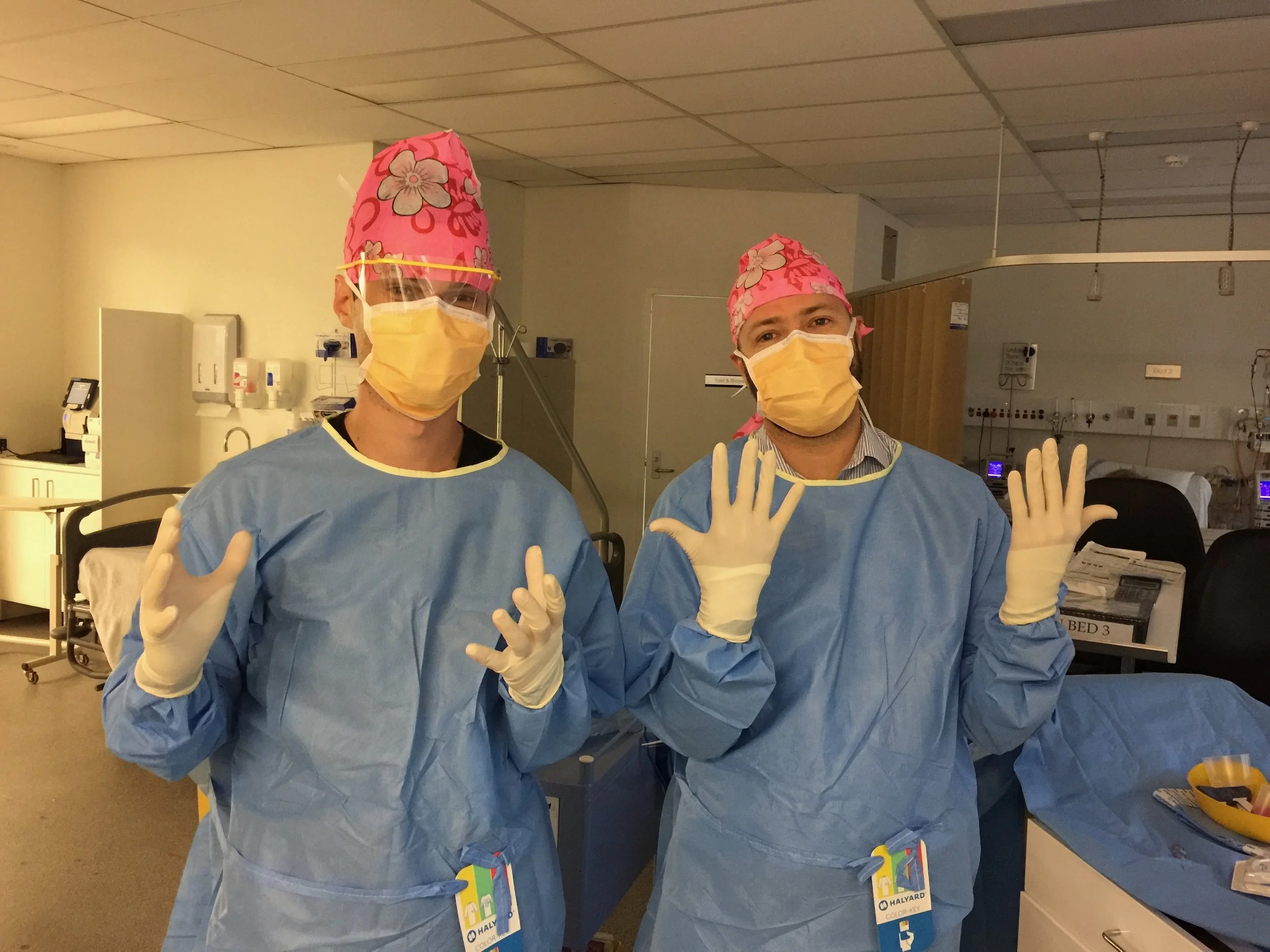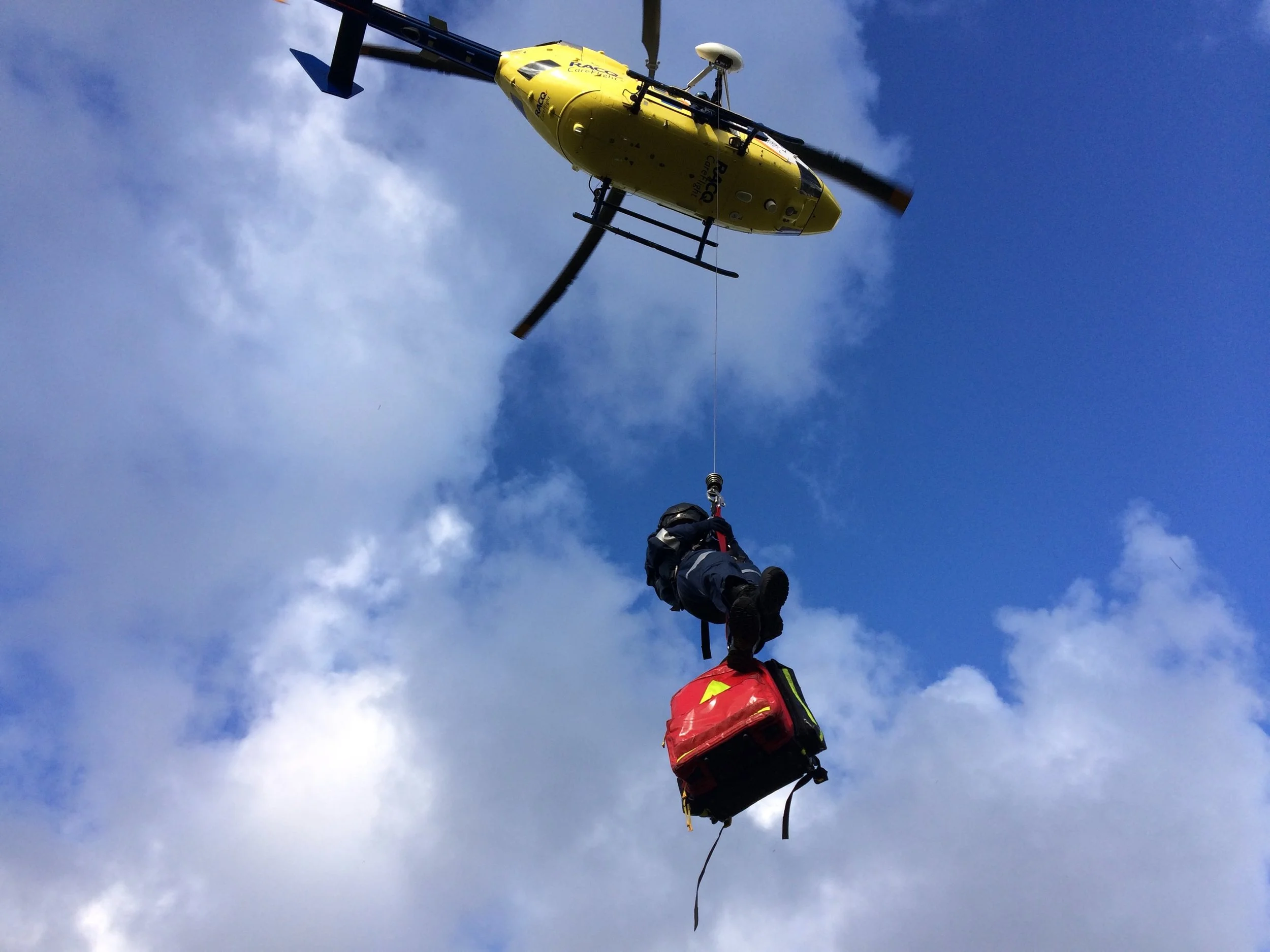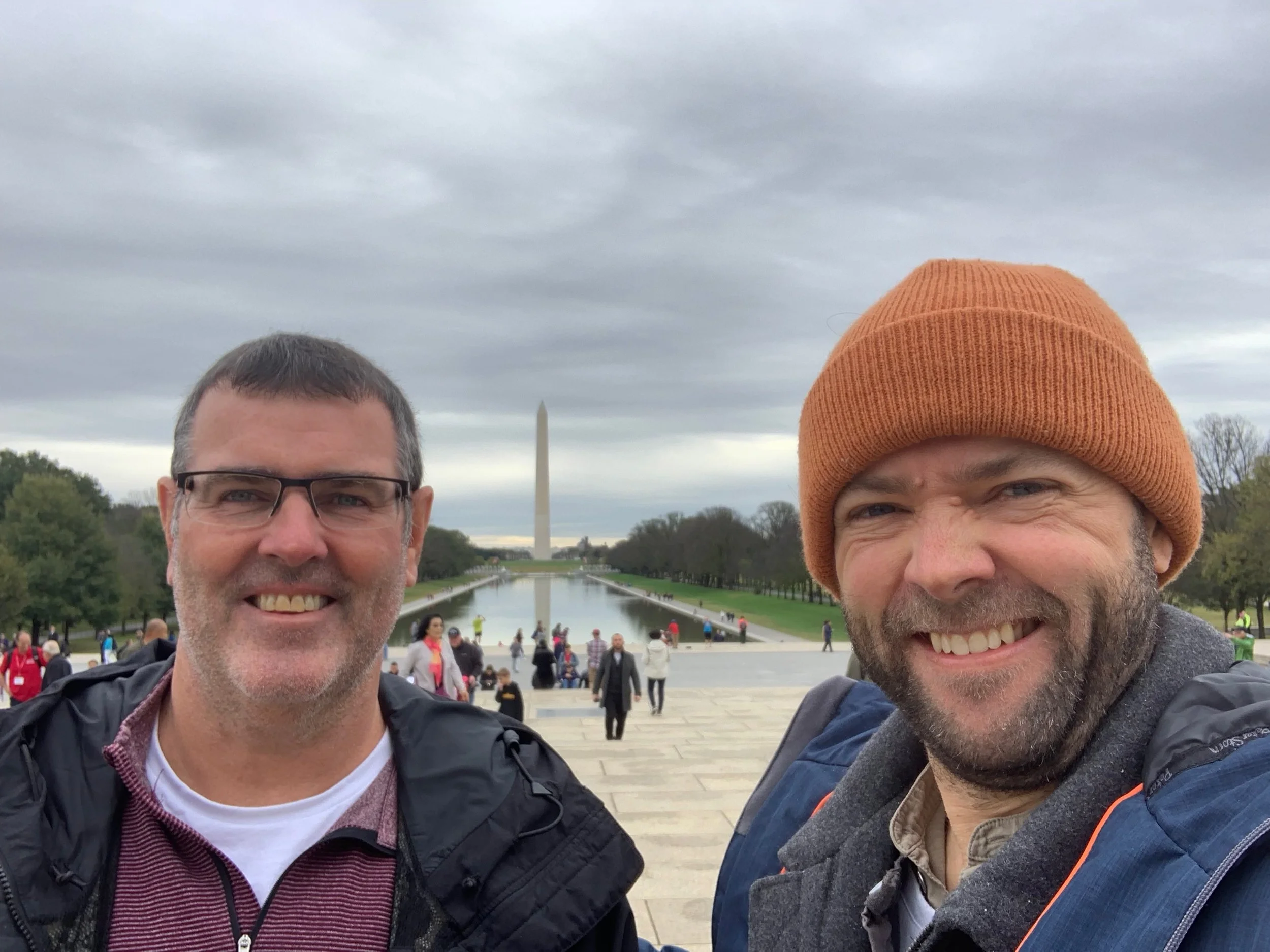Alternative Pathways
When I left school, I never imagined I would end up as a doctor. My marks were high enough but I’d never really considered it seriously.
My first plan was to become a journalist. I had an interest in science, so I thought I might become a science teacher instead. Medicine wasn’t even on my radar until a conversation with a friend who was applying to medical school. When I looked at my own subject selections—physiology, biochemistry, anatomy, pathology—it suddenly seemed obvious. Seemingly out of the blue, I decided to give medicine a go. It turned out to be the best decision I ever made.
Falling in love with emergency medicine
Through medical school I became addicted to the adrenaline rush of emergency medicine. A mate and I used to hang around the Austin ED on Fridays (I know, I know…), pumping stomachs and taking ABGs. My favourite TV show was ER, and each Thursday we would have tutorials dissecting the cases we’d watched the night before. By the time I started my internship, my heart was set on emergency medicine.
That year was life-changing for reasons beyond my career. My father died suddenly at the end of my internship. He had cardiac amyloidosis and was undergoing bone marrow transplantation and being worked up for transplant. Earlier in the day he had collapsed, but was sent home. That evening he arrested and died of complete heart block. It turned my life upside down in an instant.
The cardiologist who reviewed him before his discharge called me. The pain and anguish she felt was unmistakable as she walked me through what had happened. She spent the time listening as I gave voice to the anger, devastation and guilt welling up inside me.
I learned valuable lessons from this experience :
Medicine is a dangerous game. It plays for keeps, and must always be respected
The most difficult conversations are the ones most worth having
Listening is crucial
I didn’t want to take legal action. I wanted to hear that his cardiologist was affected by this almost as much as I was. And she was, and that meant everything.
His death left a deep imprint on me—not only personally but also professionally. It sharpened my interest in patient safety and the role education and preparation play in outcomes.
Turning toward intensive care
Clinical medicine has always been a source of satisfaction for me, and always will
I studied for and passed the ED primary in my second year - I think it was my way of hiding from reality- and emergency training was everything I hoped for. But in my third year, an ICU rotation changed everything. The intensity, the complexity, the teamwork—it pulled me in completely. I enrolled in ICU training as well, with the dream of dual training. Eventually, life circumstances meant I had to choose, and I stuck with intensive care.
Getting towards the fellowship exam was one of the hardest times of my life. Full time work at a high level of responsibility and 3-4 hours of study each evening left me next to no time to support my beautiful wife with our 2 young children, especially with the disruption to our social circumstances caused by rotations. It was incredibly hard for all of us, and I can’t thank my wife enough for her support. It highlighted the toll taken, not just on our young doctors, but those around them.
When I opened the envelope and read the letter confirming I’d made it through the fellowship exam, I burst into tears. I was relieved more than elated - I was just so happy we didn’t have to go through it again.
When I finished training, I faced a big decision: a job offer to head north and become the first director of a new ICU. It was a daunting prospect for a new graduate. No intensivists had ever been there before. I asked advice from a mentor, who had directed and built two ICUs from scratch. His encouragement tipped me over the line. I took the role.
Building, flying, and leading
That unit became a passion project. It wasn’t easy - the first 3 years saw me as the sole intensivist for over 400km, and brought with it the birth of our third child. At times it was exhilarating, and at others it almost broke me. I’ve never cried so hard as the time I had to lead the ultimately unsuccessful resuscitation of a friend of my 8 year old son.
I made some mistakes along the way, and learned the importance of saying sorry. I also learned the power of forgiveness, of both myself and others. The lessons I learned from a conversation with my father’s cardiologist rang strongly in my ears.
We (there were too many to name) built it into a place that attracted ICU trainees, a unit that embraced critically ill patients instead of just staging them for transfer. I needed a lot of help - colleagues and friends, both on the ground and on the phone. Around the end of my third year, we campaigned for, and were granted, funding for a new hospital. This led to a role in planning the new ICU, along with the education and simulation centre. I enjoyed this project immensely, and am proud of the results.
At the same time, another opportunity came up—helicopter retrieval. If you’re going to fly, why not do it in the Whitsundays? It was an incredible, and occasionally terrifying, experience. I found myself in trouble several times, but found my way out too. I loved the aviation side of things, which further fostered my interest in patient safety via controlling processes - something aviation does very well. In fact, I learned most of what I know about patient safety from working on helicopters.
I also got to work with an incredible team, where at any stage of a mission, any one of the four of us could be in control. This flattens the hierarchy and encourages shared decision making, something hospital medicine is not at all familiar with.
After five years, social reasons led me to move to Noosa. I worked in a large secondary unit and became the medical lead for the local helicopter retrieval service. Flying along Rainbow Beach was every bit as breathtaking as the Whitsundays.
Nothing sharpens your perspective on processes like relying on them for your own wellbeing (yes, that’s me)
Coming full circle
Despite all this, my early passions—teaching and journalism—never left me. Combined with my interests in patient safety, they led me to co-found Osler with Jeff Ayton, a serial entrepreneur, and now a close friend. In many ways, I’d come full circle: I find myself writing, creating, and communicating as much as I practise medicine.
Running a business has been its own adventure. On any given day I might move from product development to sales, from graphic design to public speaking, from accreditation proposals to customer support, from technical design to grant applications. Some things I’ve taught myself. Much of it I’ve learned from Jeff. But a lot of it traces back to medicine: the ability to prioritise and manage multiple demands (honed in ED), the skills of negotiation and communication (vital in ICU), and the teamwork instincts from retrieval medicine.
Osler has given Jeff and I the chance to travel widely and meet some amazing people
What I’ve learned
Looking back, there are a few truths I’d want junior doctors to take from my journey:
Skills transfer. Medicine equips you with capabilities—teamwork, communication, prioritisation—that serve you far beyond the hospital. You just have to learn how to use them
Careers evolve. Every five years or so I’ve shifted direction. Those changes have kept me invigorated, challenged, and growing. I’ve learned much more since I became an intensivist than the 16 years it took to get there
Mentors are critical. To find your path, you will need people you trust. I will never forget what mine have taught me - my old ICU boss, those around me in North Queensland, my business partner Jeff. Remember, you’ll get the chance to pay this forward one day too.
Explore bravely. There are countless fulfilling careers inside and outside medicine. Don’t be afraid to look beyond the obvious.
Learn from other fields. Business and industry have much to teach medicine. We sometimes believe we run a high-performance system, but in truth we have a long way to go. We can learn a lot from other industries, and adapt them to our circumstances.
Mistakes will happen. Do whatever you can to avoid them, but when they do, be ready to forgive.
Balance matters. There is more to life than work. Never lose sight of the relationships, places, and experiences that sustain you.
Final reflections
When I left school, I thought I would be a journalist. Now, after decades in medicine, intensive care, retrieval, and education, I see that careers don’t need to be linear. Alternative pathways are not detours or failures—they are opportunities to grow, to adapt, and to rediscover yourself. If I could leave one piece of advice for junior doctors, it would be this: be brave enough to explore them.



